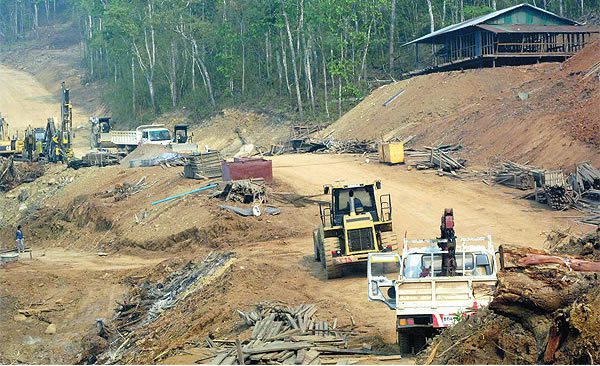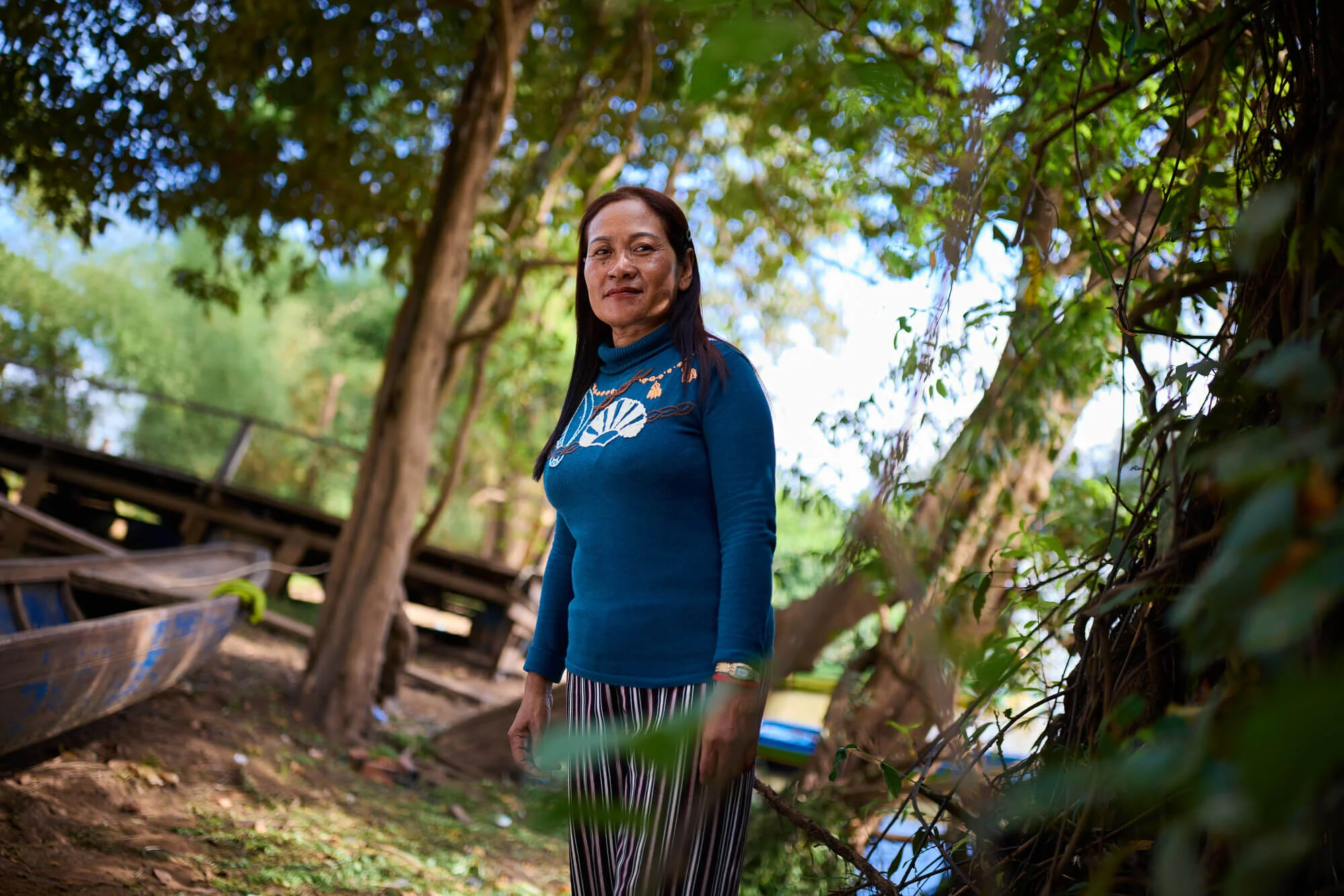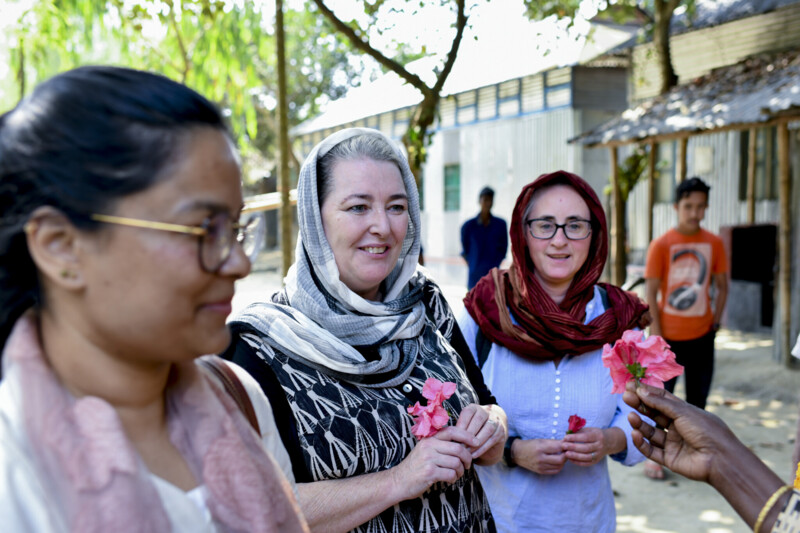The Mekong River, one of the world’s last great wild rivers, is now under threat from the controversial proposal to build up to twelve dams along its lower reaches. The livelihood and survival of the millions of people and communities who live upon the Lower Mekong could be seriously in danger if the proposed dams go ahead.
The National Geographic says that ‘In terms of biodiversity, the Mekong River is second only to the Amazon among the world’s great rivers.’ The Mekong is home to over 1000 fish species and ‘supports the world’s largest freshwater fishery,’ providing food and jobs ‘for many of the 65 million people who live in the Lower Mekong basin.’
Peter McIntyre, a freshwater conservation expert at the University of Wisconsin-Madison described the Mekong as being unique among the world’s large rivers because “the fish diversity is extremely high, the diversity of migratory species is extremely high, and human dependence upon these species for fisheries is extremely high.”
“You put all that together, and putting a large dam in the Mekong is likely to cause major problems.”
The Lao Government’s proposed Xayaburi Dam will cost around $3.5 billion and will be used to produce over “1260 megawatts of electricity, most of which will be sold to Thailand”. It is estimated that 21,000 people would need to resettle and the livelihoods of another 200,000 impacted if the dam is built
Zoe Daniels, the ABC’s South East Asia Correspondent reported that locals and community advocates are saying that despite the serious impact of building the dam on the communities who rely on the river “…their fears… have not been heard.”
AsiaNews.it reported that a study by the Mekong River Commission (MRC) warned ‘that dams can reduce the fish catch by 300,000 tonnes a year, with serious consequences for about a million people.’ ‘The MRC has urged that plans be delayed for ten years to study the impact of dams.’ There have also been widespread calls for a halt to construction of the dams as they will prevent the migration of important fish species further impacting on the lives of the people whose way of life is inextricably linked to the river.
On the 29 March 2011, The Nation reported that opposition to the dam was growing ‘as the deadline for the decision looms. Some 263 non-government groups in 51 countries were signatories to letters sent last week to Abhisit and the Lao prime minister calling on them to respect “massive public opposition” and cancel the dam.
“As a river of global significance, we are urging the governments of Laos and Thailand to call a stop to the destructive Xayaburi Dam,” said Pieter Jansen of Both Ends. “If the project proceeds, the Mekong River Commission’s (MRC) regional decision-making process will lose all public credibility through its complete disregard to the dam’s massive public opposition. It will also demonstrate that decision-making has not been based on holistic river basin management despite the compelling scientific evidence of the dam’s impact on the Mekong’s ecosystem and the millions of people who depend on it for their livelihoods and food security.”’
Ame Tandem from International Rivers described the dam’s EIA report as lacking in ‘critical technical information [and that it] is riddled with analytical flaws… despite other MRC-commissioned reports demonstrating that the dam’s high environmental and social impacts will be irreversible…’
However, regardless of these concerns, the Bangkok post reported that despite no official approval being given for the dam, construction work was already well underway. Further to this, The Guardian reported that it seems that approval had been taken for granted as residents were being moved out of the area as preparatory work had already begun.
However, on 25 April 2011 the Post Today reported that growing opposition to the dam had forced the Siam Commercial Bank to delay the loan agreement which effectively put a halt to the project. Finally the Lao Government relented to the pressure of opposition groups and agreed to conduct further environmental assessments. The Saigon Daily reported that at a meeting during the 18th ASEAN Summit in Jakarta, Lao Prime Minister told his Vietnamese counterpart that Laos would postpone the construction of the controversial Xayaburi hydropower project, and would conduct more environmental impact assessments with international experts.



